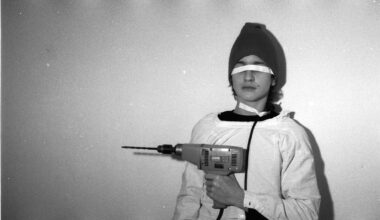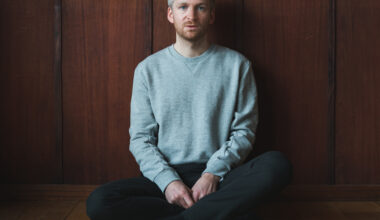Inspired by the Universal Declaration of Human Rights, the 1948 United Nations document, Max Richter’s ‘Voices’ album reflects his alarm at the state of our world as the 21st century unfolds
Want to read more?
Sign up to Electronic Sound Premium to gain access to every post, video, special offers, and more. 100%, all you can eat, no commitment, cancel any time.
Already a premium member? Log in here






